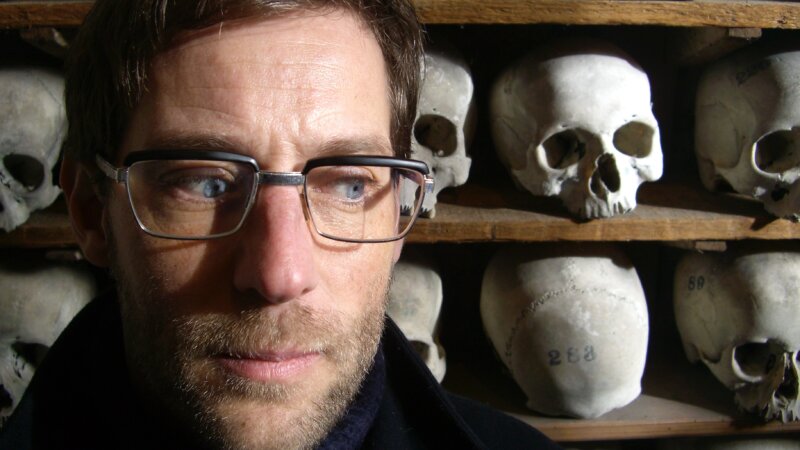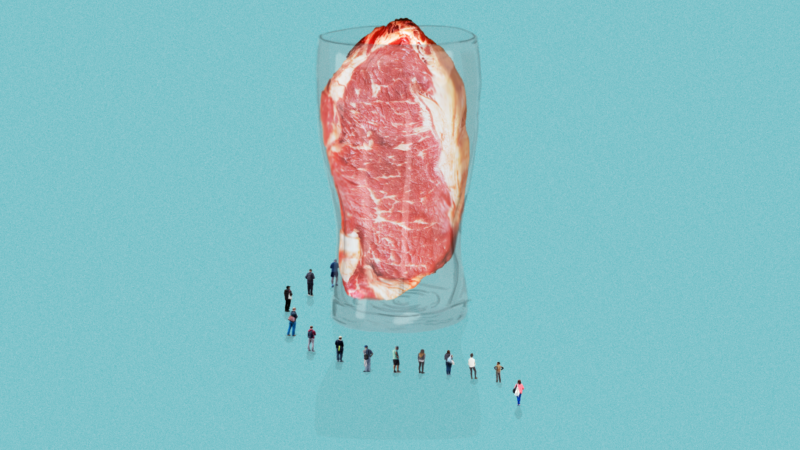FRANK FERNIE : INSIDIOUS POLITICAL SENTENCING
In a statement issued following his recent resignation, disgraced former Chief of Police Sir Paul Stevenson - who publicly conceded that the police made glaring tactical errors during the latest tuition fee protests - gushed with pride about "the professional and restrained approach to unexpected levels of violence in recent student demonstrations".
The media circus surrounding the phonehacking scandal diverted public attention away from the recent spate of student activist prosecutions. It wasn't until a person I knew fell victim to such insidious political sentencing that I decided to make the transition from passive armchair pundit to active civil participator, not just through protest but through sustained, vocalised civil disobedience.
It was through a last minute turn of events that Frank Fernie boarded the coach to London with York Stop the Cuts, a coincidence that he was caught on the edge of a kettle charge, a moment of understandable hot-headedness that compelled him to throw two balsa wood sticks toward the police, and bad luck that his was one of the faces plastered across television screens the length and breadth of the country after the event. And yet the reality is that this 20 year old man - a charity volunteer, social worker and soon-to-be university student here in Sheffield (surely a shining example of Cameron's so-called Big Society vision) - has been serving a 12-month custodial sentence at Feltham Young Offenders Institution from 7th July of this year. Not only is the sentence grossly disproportionate, particularly for a first-time offender, but he is currently being held over 200 miles away from his family, who without the help of his friends and empathetic members of the general public would be hard pushed to cover the costly travel expenses for the two days a month he is allowed visitors.
Frank was charged with Violent Disorder, which under the Public Order Act 1986 requires that: (a) Three or more persons use or threaten unlawful violence and (b) the conduct of them taken together is such as would cause a person of reasonable firmness to fear for their personal safety. Extend both of these requirements to their logical conclusions, acknowledge that the POA was a reactionary piece of legislation to the demonstrations held during the miner's strikes, and the message is crystal - exercise your right to protest and you will be vulnerable to prosecution for the
collective actions, or indeed non-actions, of the people around you. Following the Criminal Justice (Mode of Trial) Bills, crimes deemed 'less serious' are now usually afforded judge-only trials, as was the case for Frank. The ruling judge asserted: "It is clear that not only must I take into account your actions, but the general day. The CCTV paints a picture of long-lasting violence". This smacks of common enterprise and political message - justice it is not.
In April 2008 the House of Lords reviewed the treatment of young people in the Criminal Justice and Immigration Bill, highlighting their concerns at the magnitude of young offenders filtering through the prison system. Disturbingly, the number of our incarcerated youth surpasses that of all other European countries. The review itself quoted that some 78% of 15 to 17-year-olds who received a custodial sentence in 2006 were not convicted of offences of a sexual nature or crimes relating to specific acts of violence. In the 2011 Policing Public Order report HM Inspectorate of Constabulary found "a lack of a common view in the use of force", adding that proportionality is variously described as 'corresponding' and 'making defensible decisions'. The report called for "an overarching set of principles on the use of force by police that cover all circumstances and fields of policing" - a recommendation which, as of yet, has failed to be acted upon. Frank was hit on the head with police batons on three separate occasions before he finally retaliated - a practice discouraged unless absolutely necessary on account of the lifethreatening injuries blows to "red target" areas can cause. Do some research on Alfie Meadows.
That Frank has been sentenced in such a way alludes only to the fact that the Public Order Act is yet another example of illconceived, broad-brush legislation that must be narrowed and disambiguated to prevent future miscarriages of justice. During World War II Churchill brought in emergency measures that restricted civil liberties, but only on a temporary basis. Today we see the adoption of act after act of ill-advised, ad hoc legislation, handing unbridled power to the authorities whilst simultaneously conceding our own civil liberties - acts which, chillingly, cite no sense of semi-permanence. The 2004 Civil Contingencies Act, which was applied to the Prevention of Terrorism Act 2005 to include our international neighbours, makes for a terrifying read. The content stipulates that in "emergency" situations senior ministers can now lawfully confiscate property without compensation, enforce both mass migration and labour, deploy armed forces, appropriate new offences and tribunals, and prohibit travel. Thanks to the Official Secrets Act and an increasingly oppressed mainstream media, this can be done largely outside the public eye. Our little island is now more police-state than liberal democracy - a depressing but nonetheless cardinal truth.
From the ashes of organised religion - which saw the church propagate notions of unblinking surveillance of everybody all of the time - Western governments appear to be reinventing the sentiment of an all-seeing, all-knowing deity, only this time through the medium of technological advancement - through CCTV, database mining, e-borders and the National Identity Register. A 'tough on crime' stance shaped the political landscape of the 1990s and with the inception of new technologies this 'security over liberty' ethos, ushered along by the perceived threat of terrorism, has bled into the new millennium. Ironically, these very tools essentially reinvented crime for the 21st century, creating new and increasingly indirect ways for individuals to steal from and harm one another; from identity theft to the shameful antics of Wall Street fat cats.
The bottom line is that the inconvenience of the authorities ensures the freedom of the individual, namely because the absence of such encroachments of power mean that suspects are harder to catch - a price surely worth paying in view of the vast majority of good and tolerant individuals who walk the earth. The restraints which typify our ethical spheres of life so too should apply to the technologies we use, or else the former will inevitably be distorted by the latter.
All too complacently we consider ourselves bastions of civil liberties, and all too often - such is the tragedy of the human psyche - we fail to appreciate the things we have until they are gone. Liberty is not peculiarly British, nor do acts like the Magna Carta cement our status as a freedom-preserving nation. While pride in the British tradition of dissent is a good thing, clinging blindly to the achievements of our predecessors definitely isn't. The Magna Carta is at best a symbol of freedom, and the problem with symbols is that alone, they are meaningless. The people who fought for their liberty were determined to be free, and with or without the charter's existence achieved just that.
But there are two sides to this coin. Freedom alone does not make for a just society; it requires a dichotomy of 'freedom from' and 'freedom to'. Masquerading as liberalism, the semi-anarchic libertarianism that characterises our economic and, by extension, political systems today was exactly the sentiment shown on the streets of London during the riots last month. And yet, as ever, the ones who will suffer will be the overwhelming majority of good people whose civil liberties will be further trampled on by whatever reactionary legislation these events inspire. When looters in business suits are able to not only steal the common wealth but ostentatiously flaunt their theft, a backlash is inevitable.
Civil liberties are only ever as strong as the people who uphold them in the present, and while we are right to be angered by the foolish steps our governments have made in recent memory, self-reflection is also in order. Be here now, just like Frank, or be doomed to be remembered as the generation who, through the cooperation and mobilisation of the silent majority, could have taken steps to put an end to this madness, but decided to watch Hollyoaks instead.
freefrankfernie.info )





